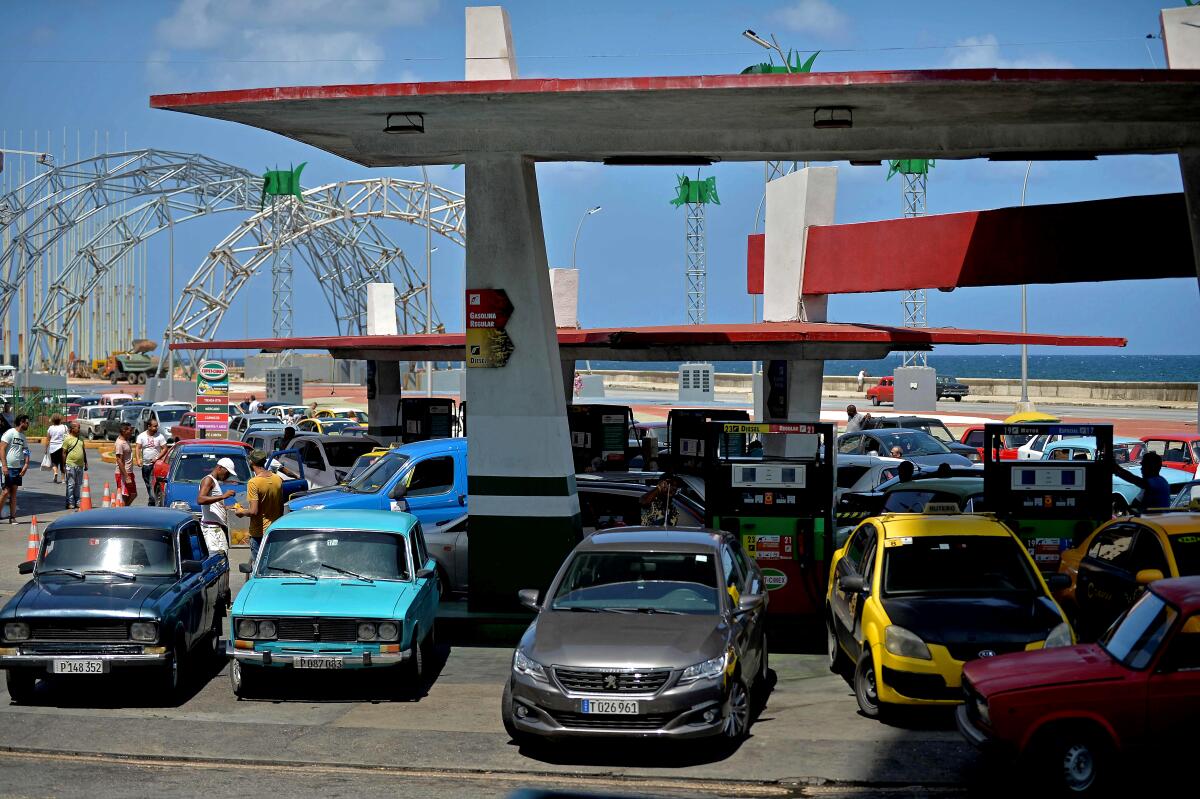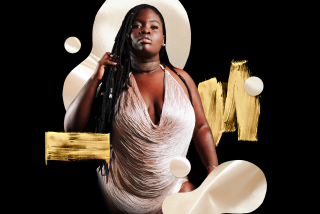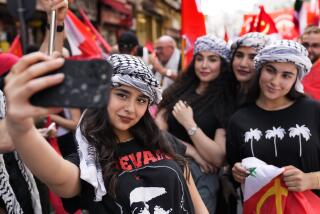Op-Ed: Torpor and long lines feel the same in a post-Castro Cuba

Just months after Fidel and Raúl Castro seized control of Cuba in 1959, they filled the Plaza of the Revolution in Havana with adoring crowds to celebrate the International Day of the Worker. The marching, shouting and singing went on for 14 raucous hours.
Cubans have partied every May Day since. But this Saturday will be different, and not just because the COVID-19 pandemic has forced everything to go virtual. For the first time since Dwight D. Eisenhower was in the White House and Dobie Gillis was on prime-time TV, no one named Castro is in charge of Cuba. Fidel died in 2016 and Raúl, who ended that 14-hour revel in 1959 with a rousing speech, resigned as head of the powerful Communist Party of Cuba last month.
The Castro brothers may be gone from the stage, but the country they ruled for 62 years, the only socialist nation in the Western Hemisphere, will bear the marks of the Castro dynasty for a long time.
The May Day celebration is a good reflection of their complicated legacy. In most countries, May 1 resounds with demands for higher wages and workers’ rights. But in Cuba, where strikes are strictly prohibited, there never are any complaints, even though most workers earn less than $3 a day.
Cubans won’t soon forget that dissent is not welcome in the Cuba the Castros created, even when they have lots of reasons to protest. I saw how they bottle up their ire when I accompanied two Cubans friends, Pipo and Lili, to the plaza on May 1, 2018. Raúl was on the dais that day, standing beside Miguel Díaz-Canel, his hand-picked successor to be both party leader and president. Cuban media reported that a million people took part. The only protests I saw were aimed at the U.S. embargo.
Pipo, who belonged to the Communist Party for more than 40 years before resigning a decade ago, told me then that he always participated in May Day because the party expected him to, but he always held his tongue because any complaint could blow back on his family.
When I got in touch with him this week, he told me he intended to watch a little of Saturday’s virtual celebration on TV — old habits die hard — but he’ll spend most of the day running from store to store to buy food. Police demand to see his ID before he’s allowed to wait in line for hours to buy whatever is left when he finally gets inside. He might gripe about it to me or a neighbor, but no one else.
Pipo isn’t optimistic that anything is going to change for the better without the Castros. Although Raúl’s departure was widely seen as the end of an era, Pipo believes Raúl, who turns 90 in June, will have the last word until he dies.
Lili surprised me. She heads the local Committee for the Defense of the Revolution and spends three hours getting to her job as a pool supervisor, earning barely enough to keep food on her table. When we were at the plaza in 2018, she loyally defended the government, repeating what she’d told me many times: The U.S. embargo is crippling Cuba.
But when I heard from her this week, she complained about how difficult it has become to find food, medicine or other necessities. She still reveres Fidel and respects Raúl, but she’s pinning her hopes on President Biden, not Raúl’s successor, to make things better. (The Biden administration has made it clear that Cuba is not a priority right now.)
Three generations have grown up in the Castros’ Cuba. Party hacks and old-timers are still enchanted with the brothers, but the younger generation, with little to lose, is willing to join protests and go on hunger strikes. And no wonder. Cuba’s rickety centralized economy has been battered by COVID lockdowns and some 200 measures imposed by the Trump administration, including barring cruise ships and restricting flights. The vaunted Cuban healthcare system is struggling with chronic shortages. After a major currency change, inflation is now the big fear, with prices soaring twice as fast as salaries.
“The whole country is like a vast field of dry grass,” Yoani Sánchez, one of Cuba’s leading independent bloggers, wrote shortly after Raúl stepped down. The smallest spark, she believes, could set that field aflame “or lead to another one of the migration crises that we Cubans have lived through before.”
The theme of last month’s Communist Party Congress, “We Are Continuity,” was an obvious attempt to prolong the Castro legacy. Banners recently posted around Cuba show the images of José Martí, Cuba’s independence hero, alongside Fidel, Raúl and Díaz-Canel, stressing the line of succession.
For most Cubans, the days without Castro have changed little. “El ultimo?” they still ask as they approach the interminable lines for food and necessities that have become the measure of their lives. “Who’s last?”
Raúl may be the last Castro to rule Cuba, but the nation he and his brother leave behind seems stuck in a long line, with no end in sight.
Anthony DePalma, a journalist, has covered Latin America for three decades. He is the author most recently of “The Cubans: Ordinary Lives in Extraordinary Times.”
More to Read
A cure for the common opinion
Get thought-provoking perspectives with our weekly newsletter.
You may occasionally receive promotional content from the Los Angeles Times.










